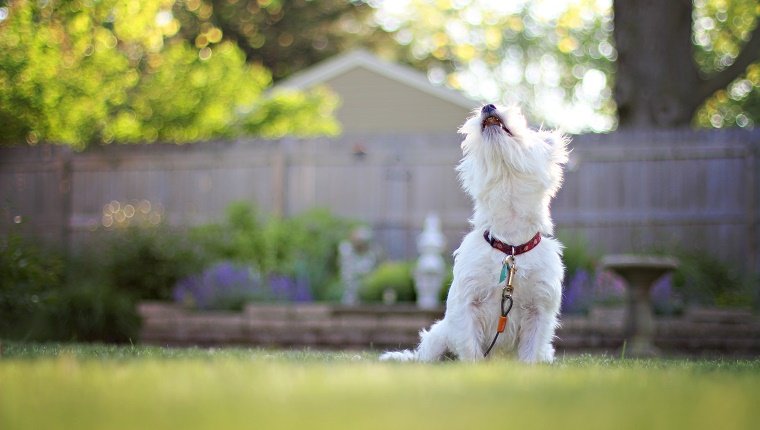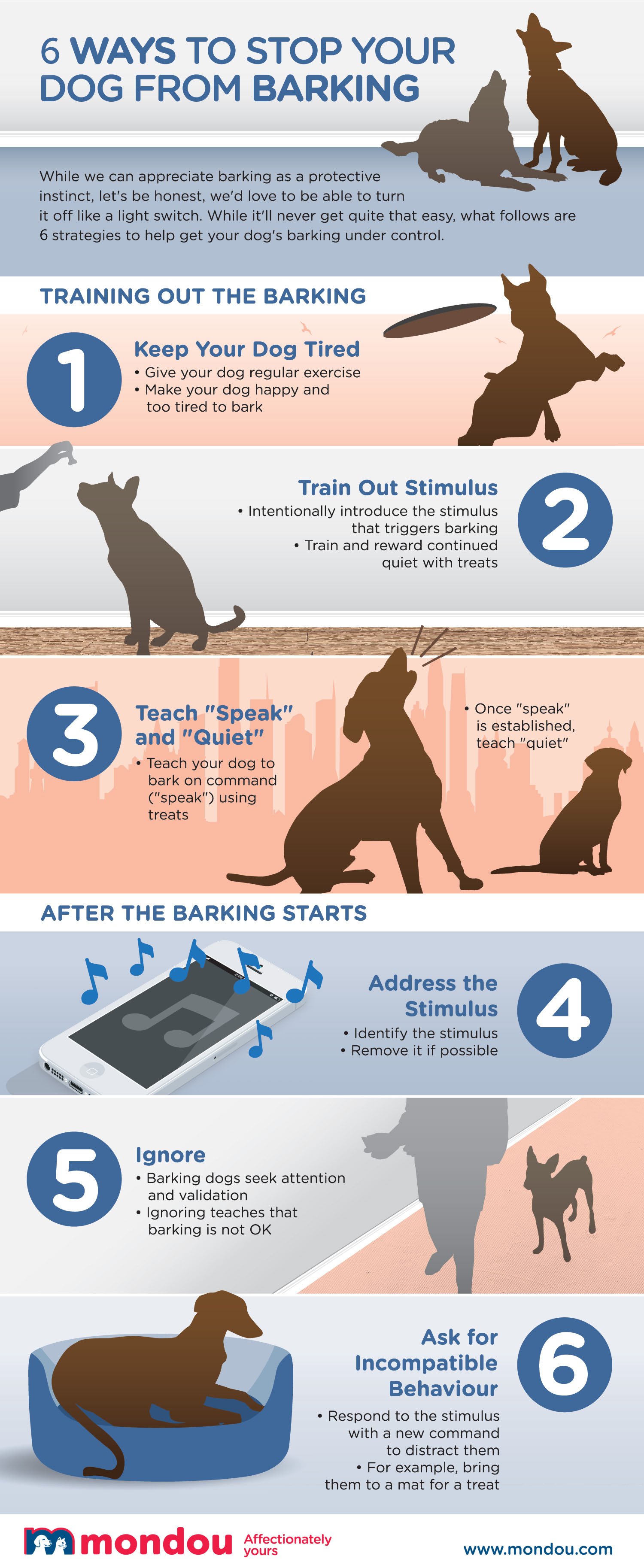How To Make A Neighbor's Dog Stop Barking

Persistent barking from a neighbor's dog can disrupt peace and tranquility, transforming a harmonious neighborhood into a source of constant stress. Addressing this issue effectively, while maintaining neighborly relations, requires a strategic and empathetic approach.
This article provides a comprehensive guide on how to navigate the delicate situation of a barking dog next door, emphasizing communication, legal avenues, and practical solutions. Understanding your rights and responsibilities is crucial for a successful resolution.
Understanding the Problem
Before taking any action, it's vital to identify the root cause of the barking. Is the dog barking due to boredom, anxiety, loneliness, or territorial instincts?
Determining the reason behind the noise helps tailor the solution and demonstrate empathy towards the dog's situation, potentially leading to a more amicable resolution with the owner.
Communication is Key
The first step should always involve a friendly conversation with your neighbor. Approach them calmly and explain the situation without being accusatory.
Explain how the barking is affecting you, emphasizing your desire to find a solution that works for everyone. Choose a suitable time for a conversation, ensuring both parties are relaxed and receptive.
Direct communication often resolves many issues before they escalate.
Documenting the Barking
If direct communication doesn't yield immediate results, start documenting the barking incidents. Keep a detailed log noting the date, time, duration, and context of each episode.
Audio or video recordings can also be helpful as evidence if further action becomes necessary. Accurate records can be crucial if you need to involve animal control or take legal action later on.
Exploring Alternative Solutions
Suggest practical solutions to your neighbor that might address the barking. This could include suggesting dog training, providing more exercise for the dog, or using anti-barking devices.
Certain devices emit ultrasonic sounds or citronella sprays when the dog barks, potentially deterring the behavior. A trainer, like those certified by the Certification Council for Professional Dog Trainers (CCPDT), can assist to teach owners and dogs better strategies.
Consider suggesting professional dog training or enrichment activities.
Involving Third Parties
If direct communication and alternative solutions prove ineffective, consider involving a neutral third party. A homeowner's association (HOA) or a community mediator can facilitate a discussion between you and your neighbor.
These parties can often help find common ground and enforce community guidelines regarding noise disturbances. Mediation can be a less confrontational way to address the issue.
Contacting Animal Control
If the barking continues unabated, despite your efforts, contact your local animal control or law enforcement agency. Many municipalities have noise ordinances that regulate excessive barking.
Provide them with your documented evidence and any communication you've had with your neighbor. Be prepared to follow their procedures for reporting and resolving the issue.
Legal Recourse
As a last resort, you may consider legal action. Consult with an attorney to understand your rights and options under local laws.
Filing a lawsuit for private nuisance may be possible if the barking is significantly interfering with your quality of life. Legal action can be costly and time-consuming, so it should be considered carefully.
Prevention and Community Awareness
Addressing the root cause of dog barking often begins with a combination of training and understanding.
Promoting responsible pet ownership within the community can reduce the likelihood of barking issues arising in the first place. Consider supporting initiatives that educate dog owners about proper training and care.
Community education programs about responsible dog ownership can prevent problems before they start.
Respect and Patience
Throughout this process, it's important to maintain respect and patience. Remember that your neighbor may not be aware of the extent of the problem or may be struggling to address it.
Remaining calm and solution-oriented will increase the likelihood of a positive outcome. Empathy can go a long way in resolving disputes.
Conclusion
Dealing with a neighbor's barking dog requires a multi-faceted approach, starting with open communication and exploring practical solutions. Documenting the issue and involving third parties may be necessary if initial efforts fail.
While legal action is an option, it should be considered a last resort. By approaching the situation with empathy, patience, and a focus on finding a mutually agreeable solution, you can restore peace and harmony to your neighborhood.
Ultimately, finding a solution benefits both you and the dog in question, fostering a more considerate community.


















